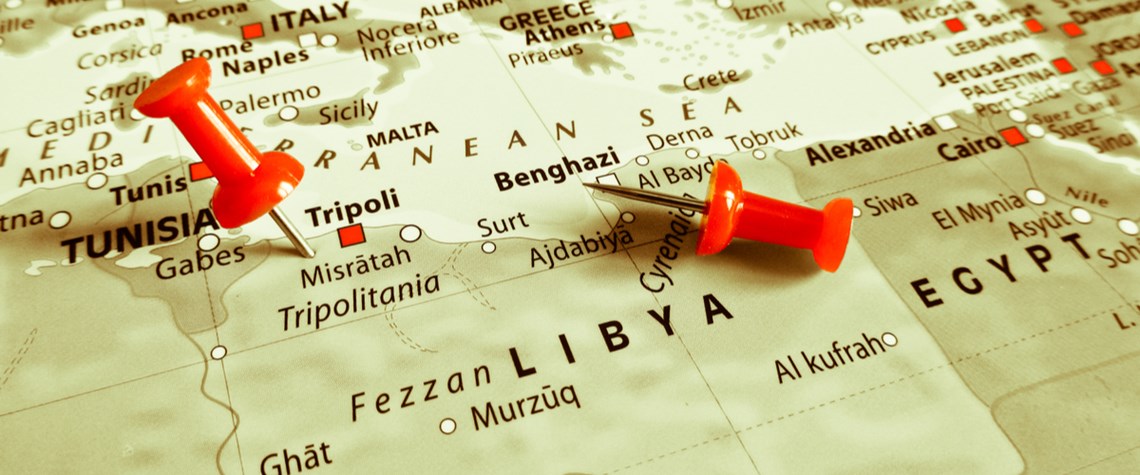Cause for quiet optimism in the East Med
Political stability and multilateral collaboration are essential to fulfilling the region’s economic potential
The geopolitical scene in the Eastern Mediterranean is being reshaped by oil and gas discoveries. Alliances are constantly shifting as sovereign states vie with each other to capitalise on their reserves, hoping to boost economic growth and restart troubled economies after years of security challenges and conflict. Huge swaths of the East Med remain untapped. Libya has the largest oil reserves in the region, if not in all of Africa, with the potential to produce up to 3mn bl/d of oil. Assessments suggest Cyprus, Israel and Lebanon are home to trillions of cubic feet of natural gas. International interest in licence bidding rounds, notably in Lebanon and Israel, from key industry players such

Also in this section
9 January 2026
A shift in perspective is needed on the carbon challenge, the success of which will determine the speed and extent of emissions cuts and how industries adapt to the new environment
2 January 2026
This year may be a defining one for carbon capture, utilisation and storage in the US, despite the institutional uncertainty
23 December 2025
Legislative reform in Germany sets the stage for commercial carbon capture and transport at a national level, while the UK has already seen financial close on major CCS clusters
15 December 2025
Net zero is not the problem for the UK’s power system. The real issue is with an outdated market design in desperate need of modernisation







